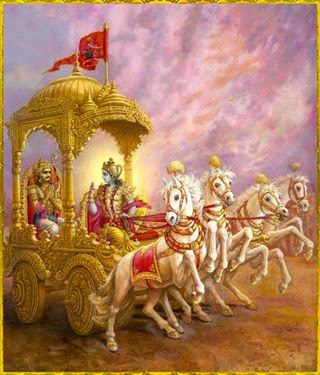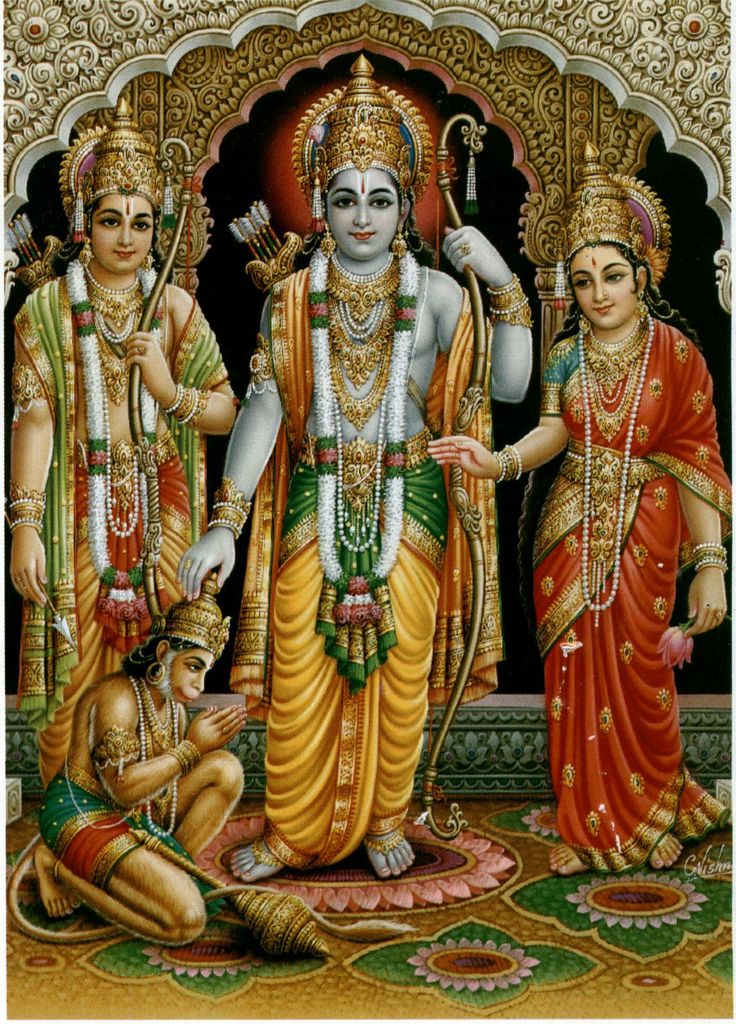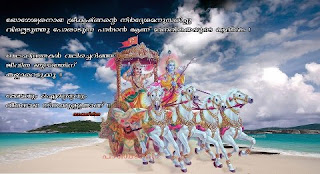The Great Epic Mahabharatam : 2.
A discourse of Swami Vivekananda on Mahabharata :
(Delivered at the Shakespeare Club, Pasadena, California, February 1, 1900)
The other epic about which I am going to speak to you this evening, is called the Mahâbhârata. It contains the story of a race descended from King Bharata, who was the son of Dushyanta and Shakuntalâ. Mahâ means great, and Bhârata means the descendants of Bharata, from whom India has derived its name, Bhârata. Mahabharata means Great India, or the story of the great descendants of Bharata. The scene of this epic is the ancient kingdom of the Kurus, and the story is based on the great war which took place between the Kurus and the Panchâlas. So the region of the quarrel is not very big. This epic is the most popular one in India; and it exercises the same authority in India as Homer's poems did over the Greeks. As ages went on, more and more matter was added to it, until it has become a huge book of about a hundred thousand couplets. All sorts of tales, legends and myths, philosophical treatises, scraps of history, and various discussions have been added to it from time to time, until it is a vast, gigantic mass of literature; and through it all runs the old, original story. The central story of the Mahabharata is of a war between two families of cousins, one family, called the Kauravas, the other the Pândavas — for the empire of India.
Continues...

.jpg)


Comments
Post a Comment